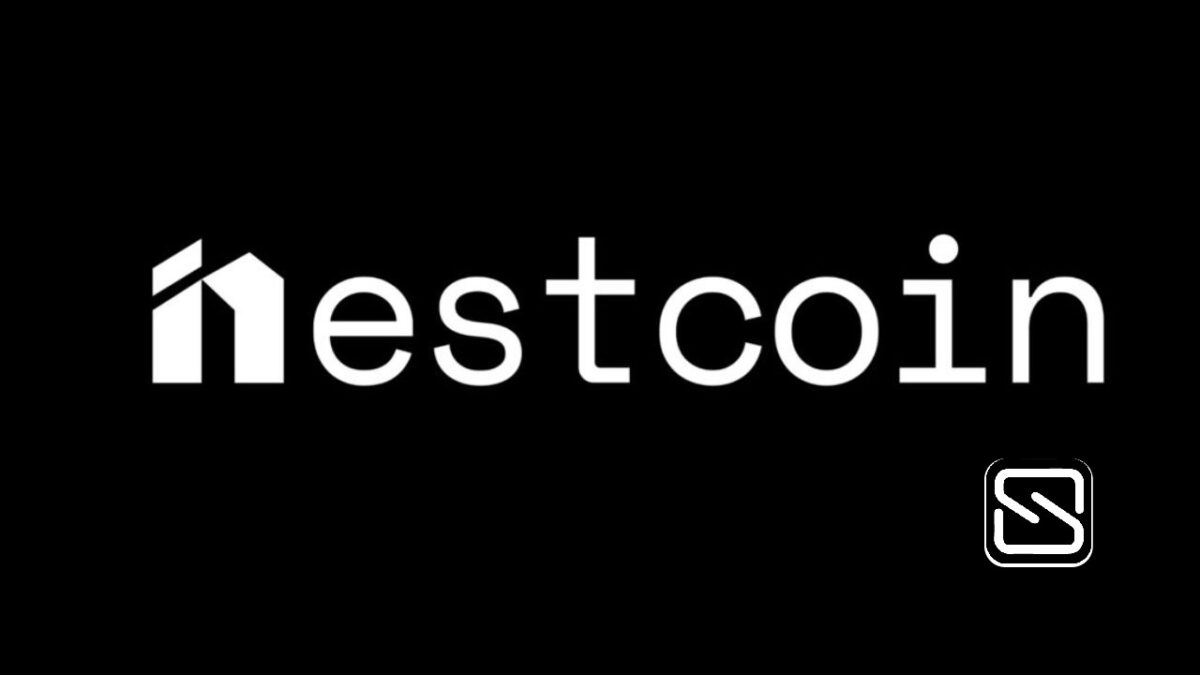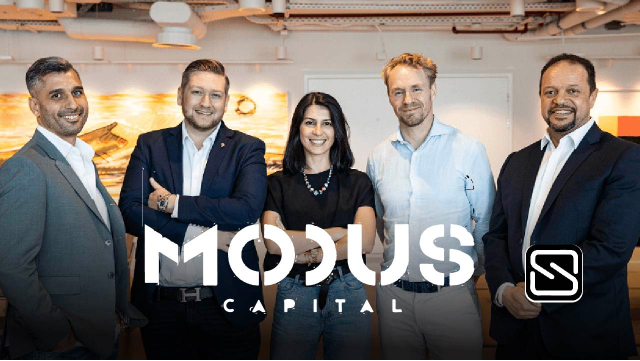The plea to freeze funds belonging to Terraform Labs co-founder Shin Hyun-Seung, alias Daniel Shin, was allegedly granted by the Seoul Southern District Court on Thursday. The assets in question total roughly 140 billion won ($104 million). The pre-indictment freeze order is a precautionary measure to prevent a suspect from disposing of criminal proceeds before a trial.
The Terra co-founder is charged with earning “unfair” gains of roughly 140 billion Korean Won by marketing pre-issued cryptocurrency LUNA, now known as Luna classic (LUNC), without properly disclosing this to investors, according to the prosecutors. Shin allegedly informed the prosecutors on Thursday that he did not sell the cryptocurrency at its highest price prior to the token’s fall.
Forkast – a news network, cited Hwang Suk-jin, an information security professor at Dongguk University and a frequent speaker on crypto policy before the National Assembly of South Korea, as saying the following: “It is a pre-mining issue. It’s a result of improper disclosure made when the tokens were issued. For instance, if investors thought 1,000 tokens had been distributed when in fact 10,000 had been issued, investors would surely incur losses.”
Investigations are presently being conducted into allegations that Shin and Chai Corp., a local payments technology business he established, misused consumer data when introducing Chai’s Terra payment services. Local law enforcement allegedly conducted a raid on the payments business on Thursday.
Prosecutors in South Korea have also been looking into the collapse of LUNA since May and have filed an arrest warrant for Kwon Do-Hyung, alias Do Kwon, who co-founded Terraform Labs with Shin. Additionally, Interpol has put out a Red Notice for him. The South Korean government said it had frozen Kwon’s digital holdings last month. Kwon, however, disputed ownership of the frozen cash.









